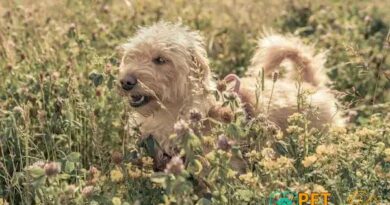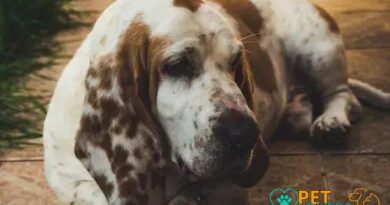O que é furos na dieta
What Are Holes in the Diet?
The term “holes in the diet” refers to gaps or deficiencies in a dog’s nutritional intake. These gaps can arise from various factors, including unbalanced meals, lack of variety, or insufficient nutrients. Understanding these holes is crucial for pet owners who want to ensure their dogs receive a complete and balanced diet. A well-rounded diet is essential for a dog’s overall health, energy levels, and longevity.
Causes of Holes in the Diet
Several factors can contribute to holes in a dog’s diet. One common cause is the reliance on commercial dog foods that may not meet all nutritional requirements. Additionally, homemade diets can sometimes lack essential vitamins and minerals if not properly formulated. Changes in a dog’s health, age, or activity level can also necessitate adjustments in their diet, and failing to make these changes can lead to nutritional gaps.
Identifying Nutritional Deficiencies
Identifying holes in the diet involves observing your dog’s behavior, coat condition, and overall health. Signs of nutritional deficiencies can include lethargy, poor coat quality, weight loss, and digestive issues. Regular veterinary check-ups can help detect these deficiencies early, allowing for timely dietary adjustments. Blood tests and other diagnostic tools can also provide insight into your dog’s nutritional status.
Common Nutritional Gaps
Some common nutritional gaps in dog diets include insufficient protein, lack of essential fatty acids, and inadequate vitamins and minerals. Protein is vital for muscle development and energy, while fatty acids support skin and coat health. Vitamins and minerals play crucial roles in various bodily functions, including immune response and bone health. Ensuring your dog receives a balanced intake of these nutrients is essential for their well-being.
How to Fill the Gaps
To address holes in the diet, consider incorporating high-quality dog food that meets AAFCO standards. Look for foods that list meat as the first ingredient and contain a variety of fruits and vegetables. Additionally, you can supplement your dog’s diet with natural foods such as lean meats, fish, and eggs. Always consult with a veterinarian before making significant changes to your dog’s diet to ensure their specific needs are met.
The Role of Supplements
Supplements can play a vital role in filling nutritional gaps in a dog’s diet. Omega-3 fatty acids, probiotics, and multivitamins are popular options that can enhance overall health. However, it’s essential to choose high-quality supplements and consult with a veterinarian to determine the appropriate dosage and type for your dog. Over-supplementation can lead to adverse effects, so moderation is key.
Monitoring Your Dog’s Diet
Regularly monitoring your dog’s diet is crucial for identifying and addressing holes in their nutritional intake. Keep a food diary to track what your dog eats, noting any changes in their health or behavior. This practice can help you pinpoint potential deficiencies and make informed decisions about dietary adjustments. Engaging with your veterinarian about your dog’s diet can also provide valuable insights and recommendations.
Importance of Variety
Variety in a dog’s diet is essential for preventing holes in nutrition. Just like humans, dogs benefit from a diverse range of foods that provide different nutrients. Rotating between different protein sources, vegetables, and grains can help ensure a well-rounded diet. However, any changes should be made gradually to avoid digestive upset and allow your dog to adjust to new foods.
Consulting with a Veterinarian
Consulting with a veterinarian is one of the best ways to address holes in your dog’s diet. A vet can provide personalized recommendations based on your dog’s age, breed, weight, and health status. They can also help you understand the specific nutritional needs of your dog and suggest appropriate dietary changes or supplements. Regular veterinary visits are essential for maintaining your dog’s health and ensuring their dietary needs are met.




